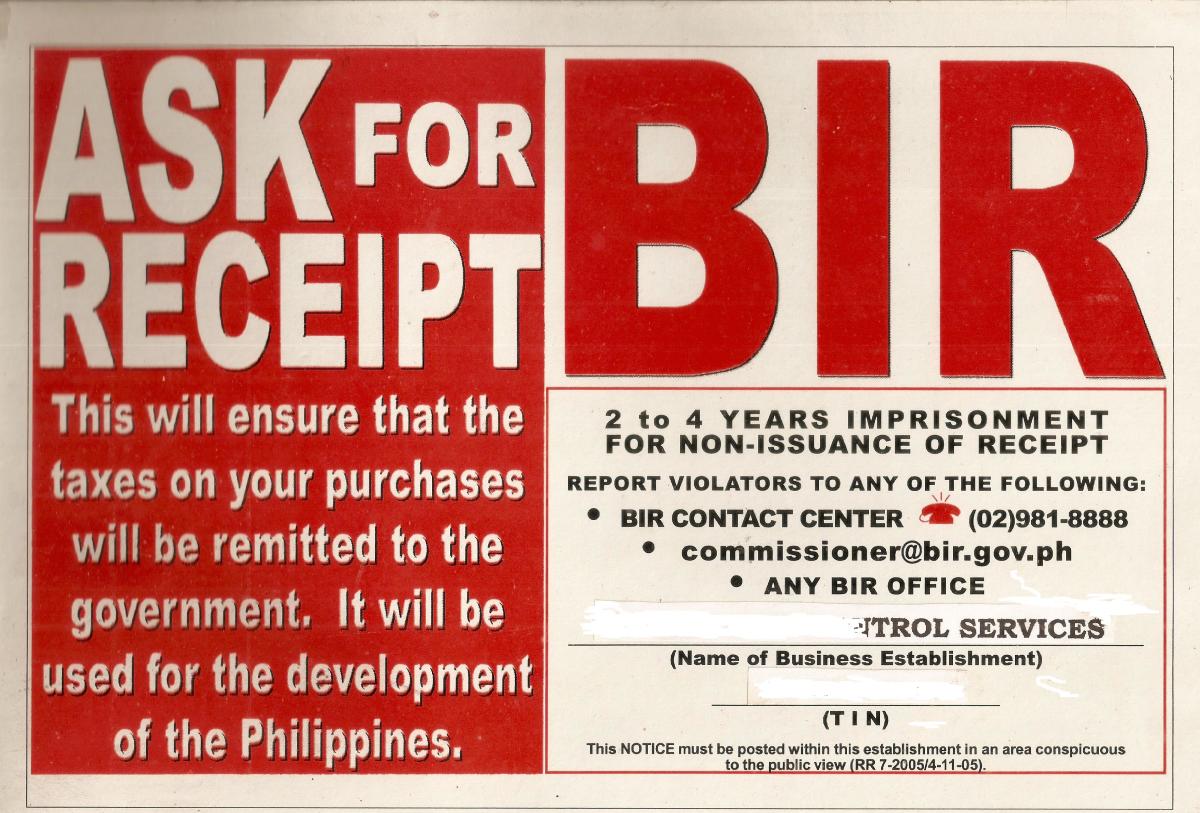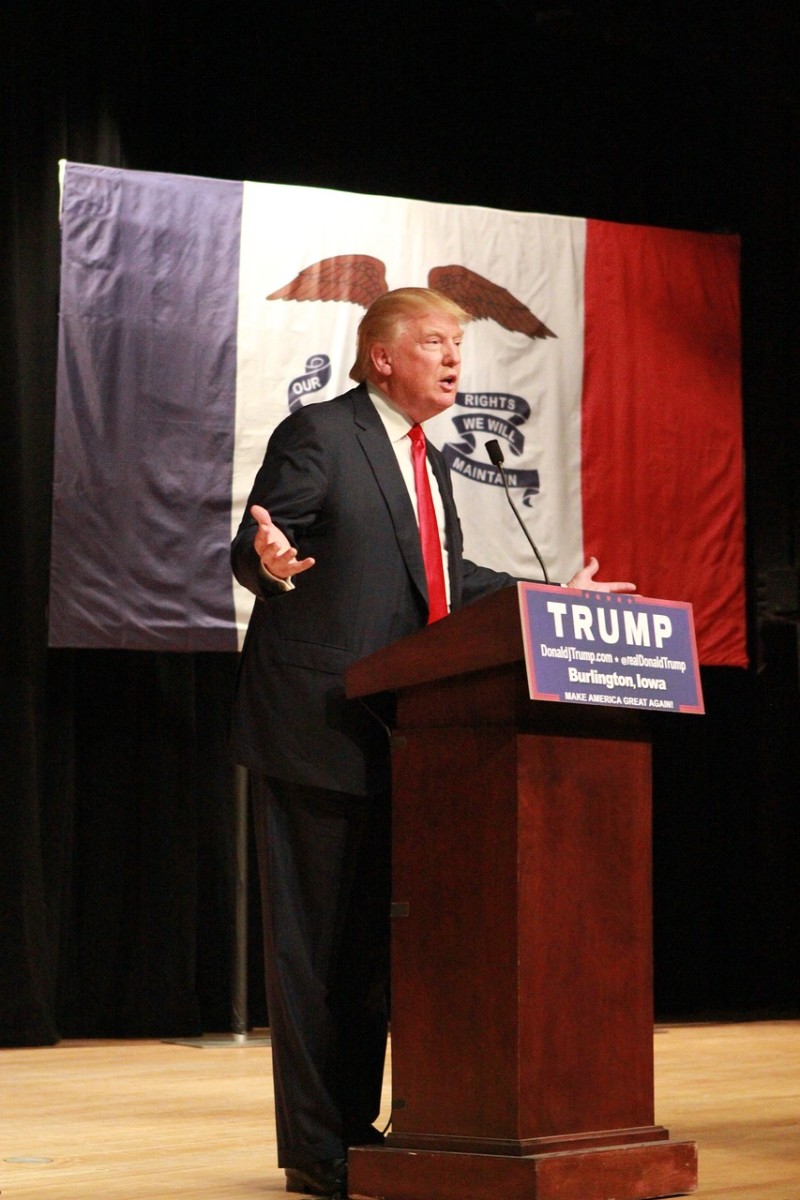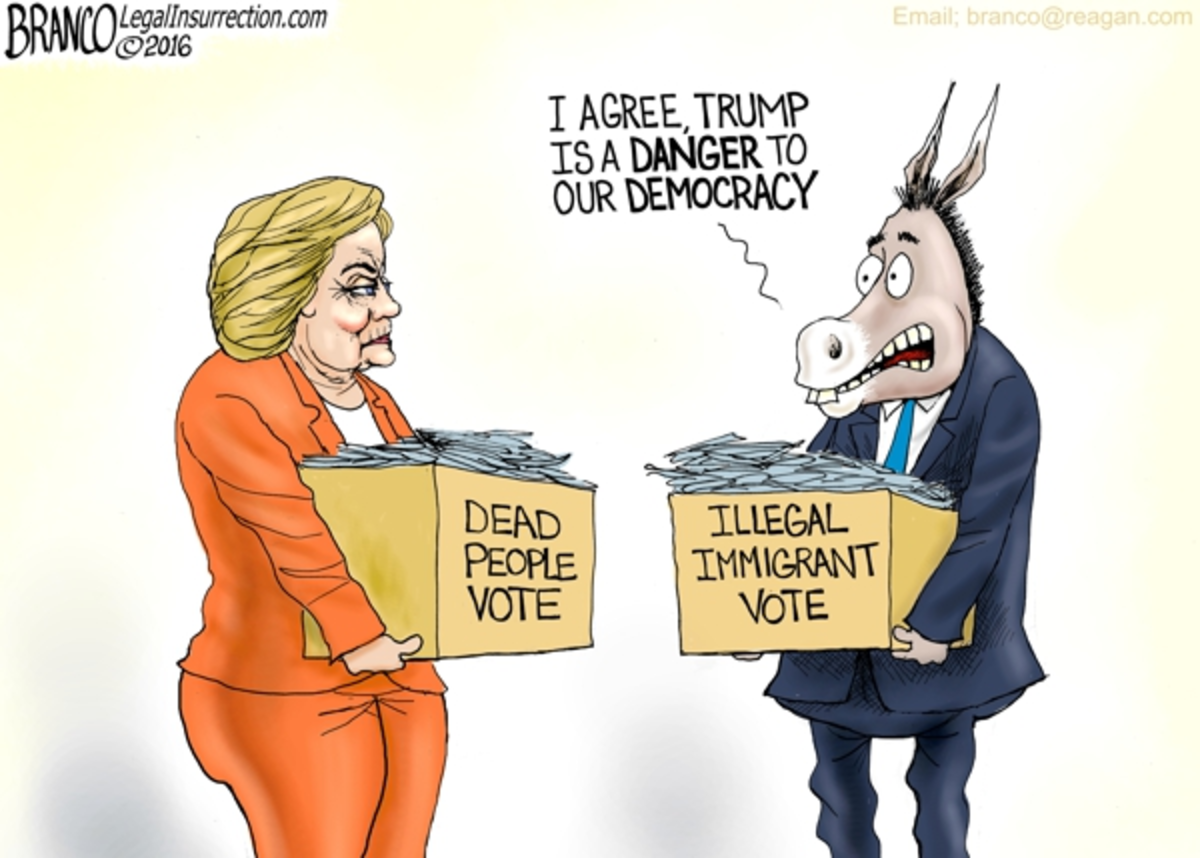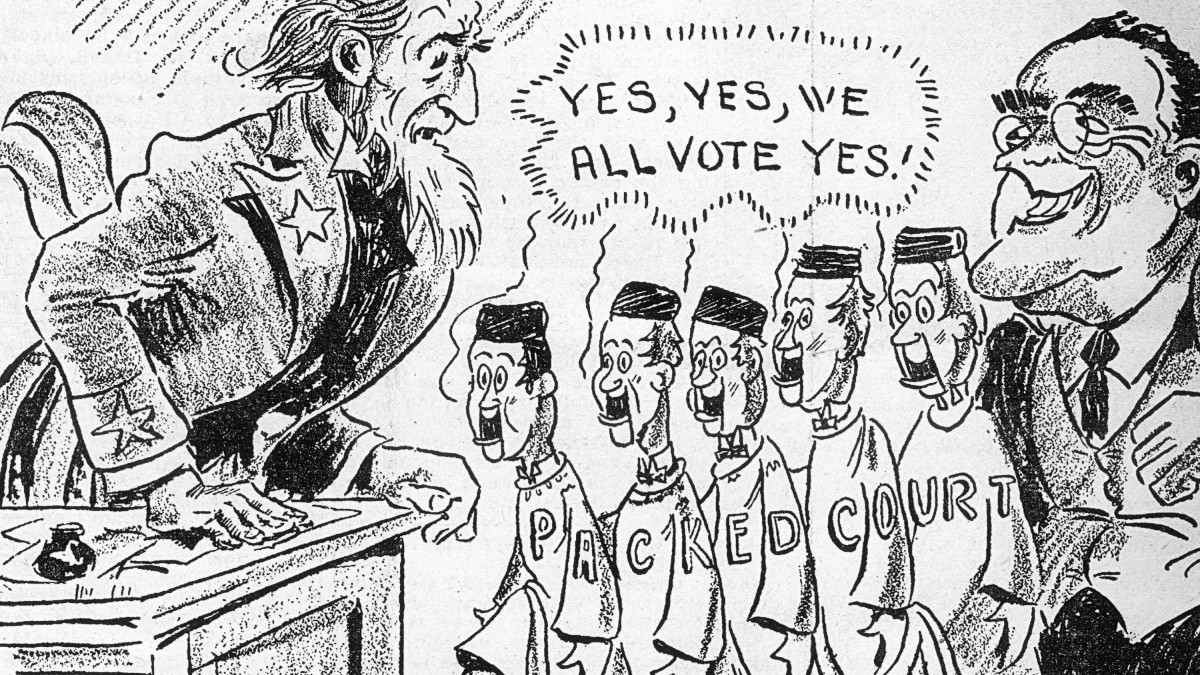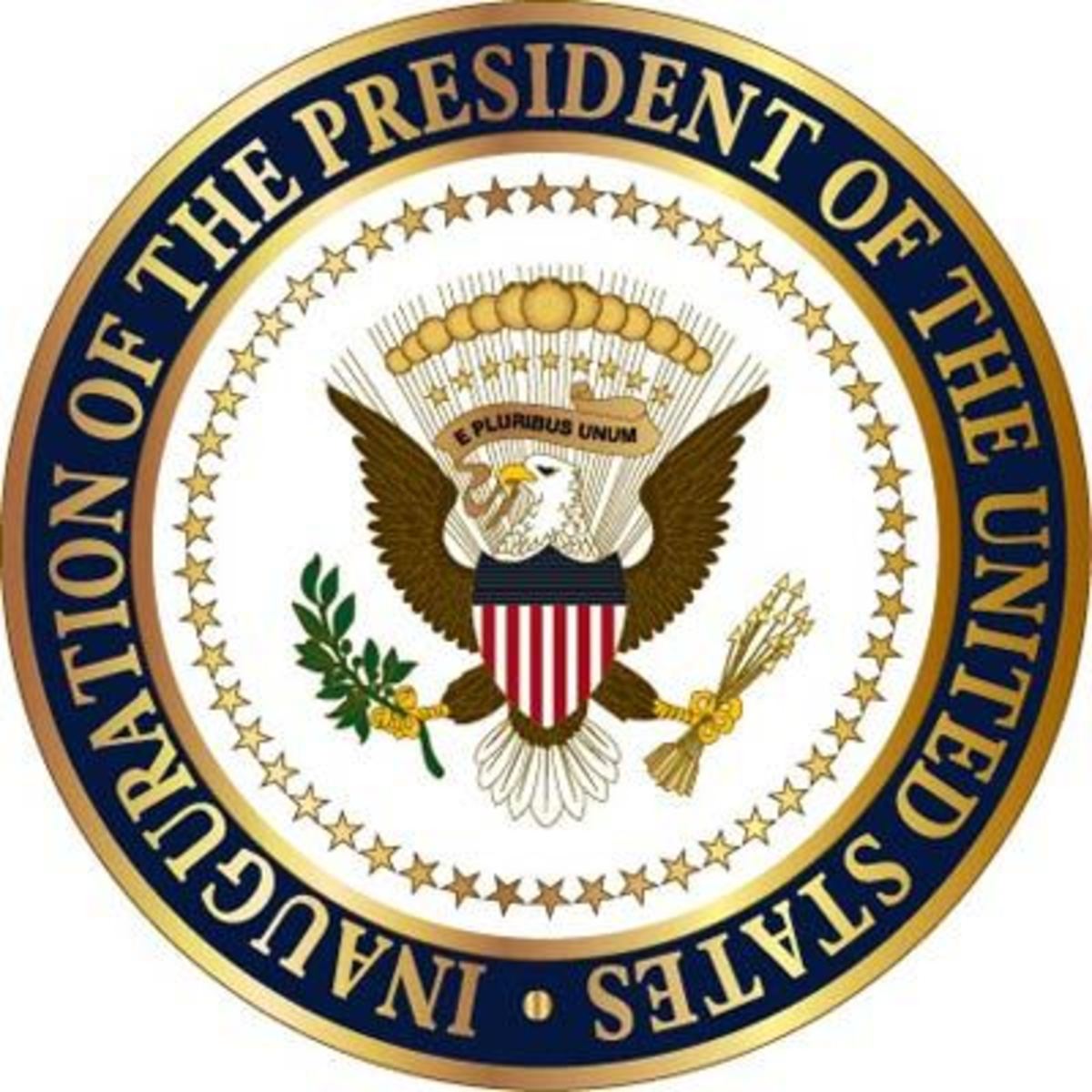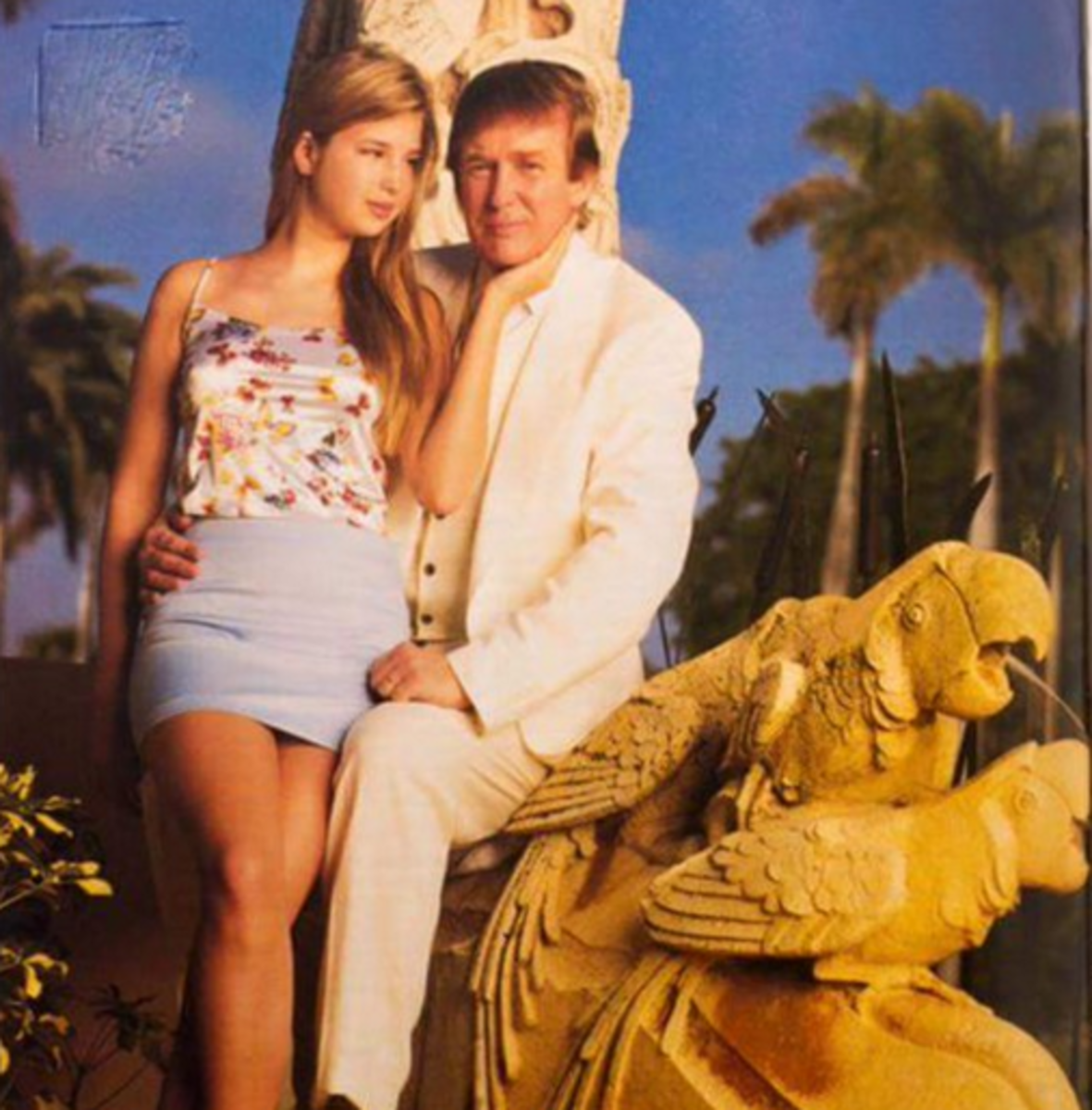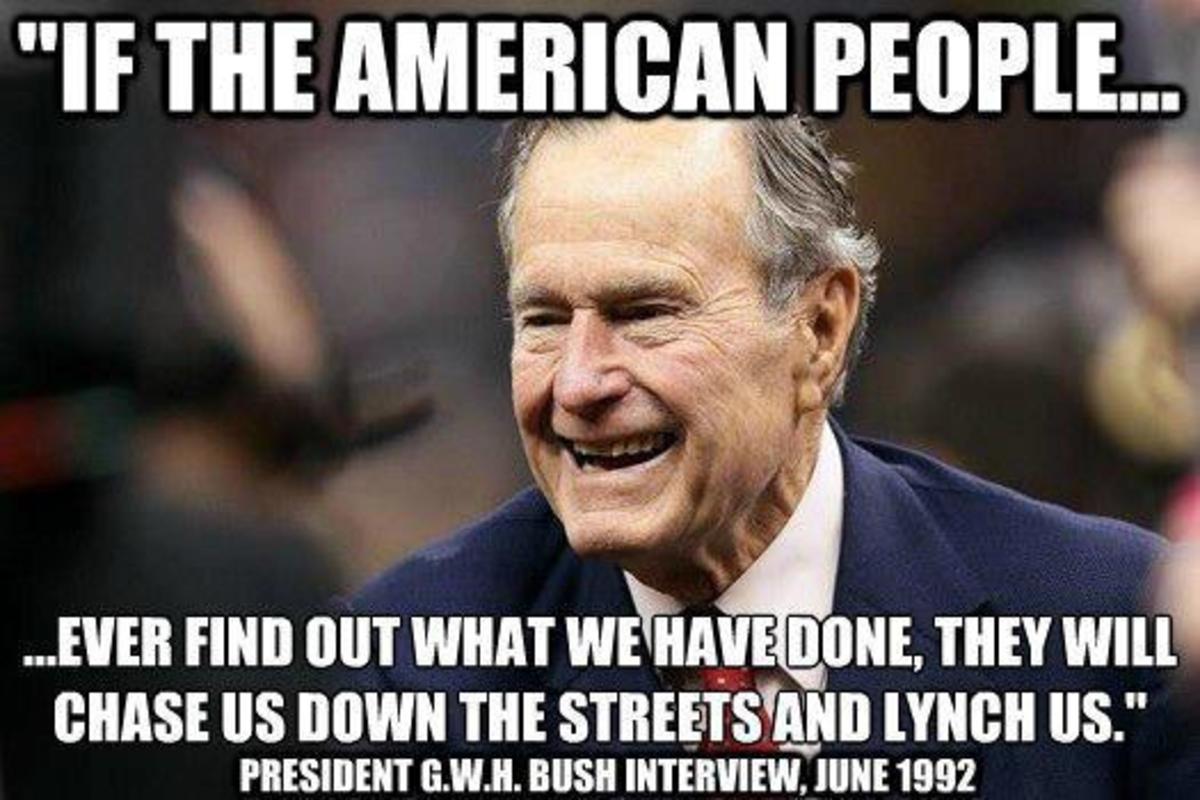Bush v. Gore and the 2000 Presidential Election Simply Explained
For many, Christmas is the most exciting times of the year. It’s time to sing Christmas songs, eat a lot of good food, exchange Christmas gifts, argue about who will be the next president, visit with grandmother, put up the…..
Wait a minute! That doesn’t seem right…
Since when do we argue about who will be the president at Christmas time?
Well, we did. In the year 2000 around Christmas time, the American people were not sure about who their president would be. Usually, Americans know who their president will be several weeks before Thanksgiving. But not in 2000. Americans would have to wait until the middle of December before they found out who their next president would be. It was an intense time and one of the most interesting in American history.
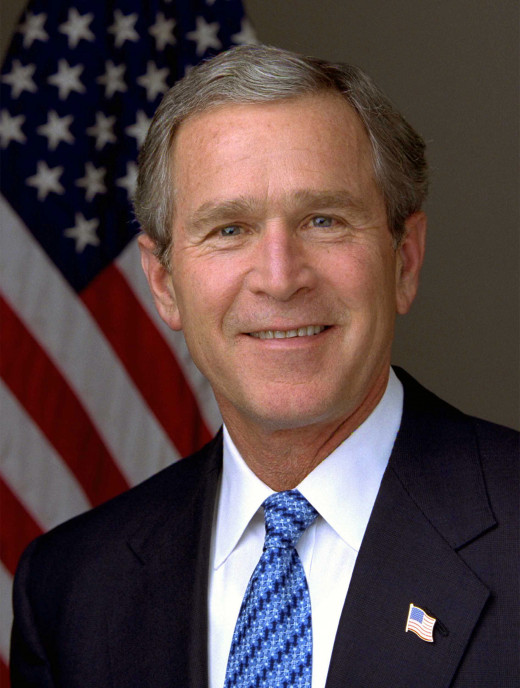
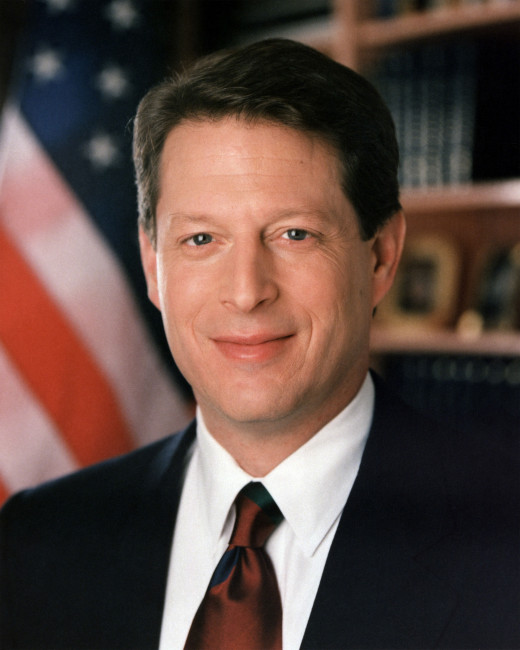
What Happened?
Governor George W. Bush of Texas was running for the president on the Republican side while Vice President Albert J. Gore was running for president on the Democrat side. The date of the election was set for November 7. On that day, American voters would go to their voting place and cast their vote for who they wanted to be the next president of the United States.
And that’s what they did. On that day, millions of Americans went to the voting place to vote for their favorite candidate.
And it was a close race between Bush and Gore. It was so close that when people went to bed that night, they still didn’t know who the next president was.
“Will we know tomorrow morning who the next president will be”?
Well, not exactly…..
Merry Christmas Florida
The race was so close, it all came down to a very close race in the state of Florida. It looked like Mr. Bush had won the state of Florida—he had 1,784 more votes than Mr. Gore. But that’s not a lot of votes in Florida where millions of people are voting. The Florida law said that when the vote is that close, you have to count it again—you have to do a recount.
Whose Job is it to Count the Ballots?
In the state of Florida, it’s the job of each county to count its own ballots. Each county creates what is called a canvassing board to count the votes for that county. Since there are 67 counties in the state of Florida, there are 67 canvassing boards, one for each county. Each canvassing board counts all the votes for its county and then tells the Florida Secretary of State, Katherine Harris what the total is. She and her helpers then add up all the votes from all the 67 counties and then she declares the winner.
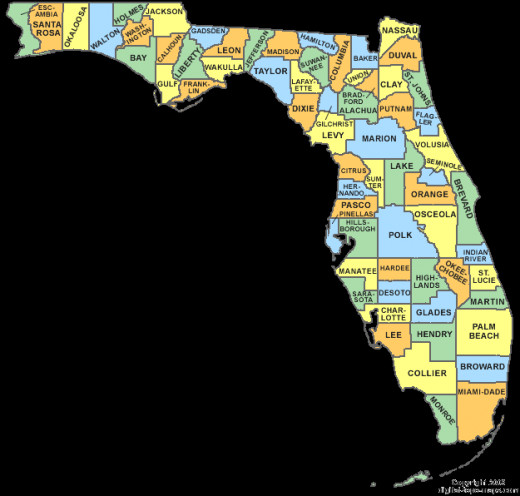
That sounds simple enough. So, why were they recounting the ballots?
Ballots were being recounted because the vote was so close in the state of Florida. When they counted the Florida votes, Mr. Bush won, but because it was so close, the law said that all the ballots had to be recounted. That would mean that every ballot would have to be run through a machine again.
Mr. Gore was asking that some of the counties recount their ballots by hand (ballots are normally counted by machines, not by hand). In one county, Gore said that the ballots were confusing and that some people tried to vote for him, but their votes were counted for someone else. Gore said that it was important we find out for sure what happened and that the best way to do that was to recount the ballots by hand to make sure each person’s vote was counted and counted fairly. After all, if you voted for a person, you wouldn’t want your vote to go for the other person, would you? Gore was saying that we need to make sure that each vote was counted and that the vote went to the right person.
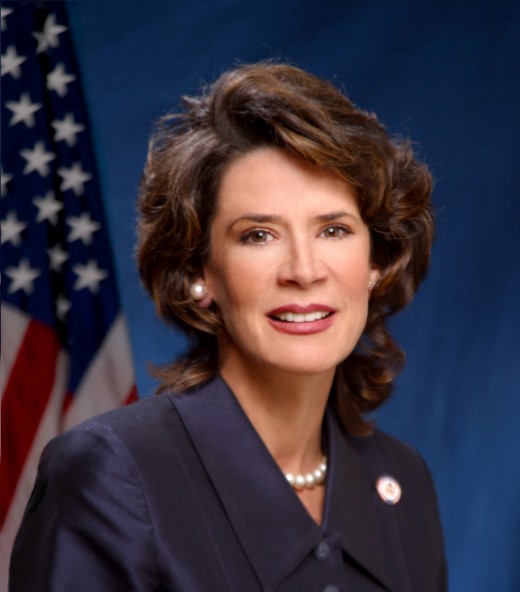
What did Mr. Bush Think of This?
Well, he didn’t like it. He did not like it that Mr. Gore was asking that the votes be counted by hand. He said that there was no evidence that anything went wrong during the election and that counting ballots by hand made it easier for the vote counters to cheat. Also, Mr. Gore was not asking that all the votes in Florida be counted, but only the counties he chose. Mr. Bush said that this was wrong because not all the ballots were being treated the same way. Some ballots were getting special treatment while others were not. That meant that some voters were getting special treatment while other voters were not. Bush said that because the voters were not being treated the same, this was a violation of the Constitution.
Some of the counties did not want to recount the ballots like Mr. Gore wanted. So he sued those counties to make them do a recount. Mr. Bush also went to court to try to stop the recounts. But the court told Mr. Bush that the hand recounts could continue.
But Mr. Gore can’t ask the counties to recount the ballots forever. People want to know who really won the election. And besides, the election must be done by December 12 according to the election rules. This is an absolute deadline. The lady in charge of the Florida election, Katherine Harris, told the counties that they had one week after election day to tell her who won in their county so that she could add up all the votes and declare the winner of the race (that would be by November 14).
Mr. Gore does not like it that the counties have only a week to recount their ballots. Some of the counties have a lot of people in them and they are not going to be done counting in time, especially if they have to count the ballots by hand. So Mr. Gore asks for more time for the counties.
But Mrs. Harris says, “No.” She said that the law says that all the counties must stop counting and report their votes to her by November 14, exactly one week after the election.
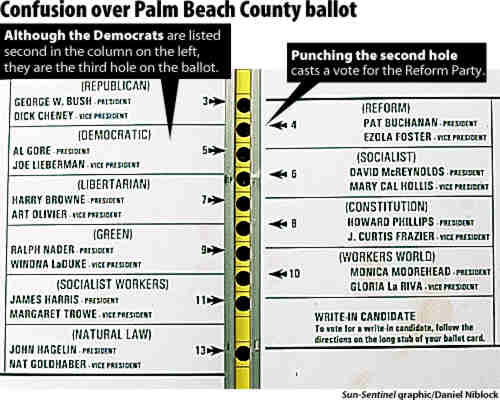
So, Does that Mean that the Election is Over and Bush is Elected President?
Not exactly. Mr. Gore did not agree with Mrs. Harris. He was lucky that he got some help from the Florida Supreme Court, Florida's most important court. They told Secretary of State Harris to give the counties more time to count their votes. The Florida Supreme Court agreed with Mr. Gore; they said the counties could have 12 more days after the official deadline to recount their ballots, then Mrs. Harris could declare the winner. Mr. Gore and his followers were very happy about this. The counties would now have until November 26 to recount the ballots.
After the 12 days were up some of the counties finished recounting their votes, but some didn’t. Mrs. Harris and her helpers added up all the votes on November 26, the new deadline set by the Florida Supreme Court. The result was the same as the first time: Bush won. She announced George W. Bush as the winner of the Florida election. And since he won Florida, George W. Bush was also going to be the next president of the United States.
Mr. Gore was upset with Bush's win because he said that every county should get enough time to recount their votes. Gore also said that some of the votes did not get counted at all, so we should make sure that all the votes got counted before we end the election.

Counties, Counts, and Recounts
Gore went back to court to contest the result of the election. He said that the election was not yet over until the counties had finished their recounts. But the local court in Tallahassee, FL said that the election was over. But the Florida Supreme Court disagreed with the lower court. They ordered that the state of Florida have a recount for the whole state.
Of course, Mr. Bush did not like this. He thought that the election was over, that he had won, that Gore had lost, and that all of the recounting of ballots should stop. So, he asked the United States Supreme Court, America’s highest court, to order the Florida counties to stop their recounting. The very next day, December 9, the United States Supreme Court agreed with Mr. Bush and ordered that all the recounting of ballots in Florida to stop so that they could hear from both sides and decide if the recounting of the ballots was right or not.
Even though people were shopping for Christmas gifts, visiting relatives and going to school plays, they were still very interested in how the United States Supreme Court would decide. It was only two weeks away from Christmas and we still didn’t know who the next president would be. Would it be Mr. Bush or for Mr. Gore?
The lawyers for Mr. Bush and Mr. Gore went to the Supreme Court in Washington, D.C. on December 11, 2000 to argue for their side. The name of the case was “Bush versus Gore.” Mr. Bush’s lawyer told the U.S. Supreme Court that Bush had already won the election and that it was time to stop recounting the ballots. He also said that it was wrong to recount the ballots because the ballots were not being treated the same. Some ballots were being counted one way while other ballots were being counted another way. He said that every ballot should be treated the same way. That’s what it means to have an equal vote.
Mr. Gore disagreed. His lawyer said that we must try to recount the ballots because some of the votes might have been missed or not voted correctly. Having an equal vote means that everyone has a right for their vote to be counted. If we can figure out how the voter voted, even if the voter made a mistake, we should try to figure it out.
The Supreme Court heard both lawyers. The next day, the United States Supreme Court ruled…..
for George W. Bush.
The U.S. Supreme Court said that the Florida Supreme Court was wrong to order the recounts because the ballots were not being treated the same way. Florida’s government should have made the rules for recounting the ballots before the election. They said that it was wrong to try to change the election rules in the middle of the election contest.
Once Mr. Gore heard that he had lost, he called Mr. Bush to congratulate him on winning the race and wished him good luck as President.
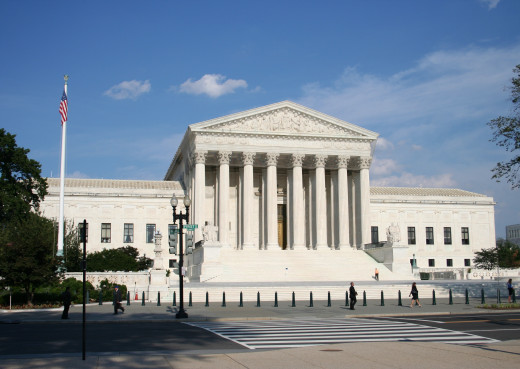
A Close Call
So, the 2000 election was unusual. By December, we usually know who the president is going to be. But in 2000 we had to wait until Christmas time to see who would be the next president.
By December 18 all the final votes were in: George W. Bush would be the new president and it was decided just one week before Christmas.
George W. Bush won the presidency by just a few hundred votes and just one week before Christmas….now that was a close call.
© 2012 William R Bowen Jr

